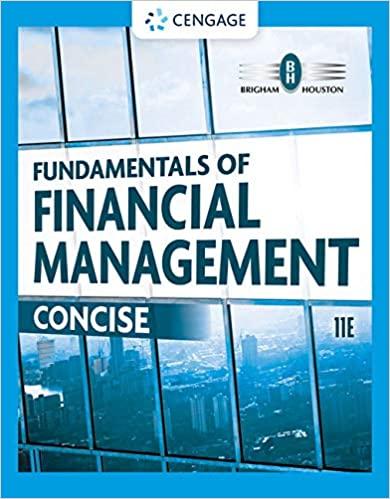Question
Bills of exchange are categorised as short-term debt instruments with maturities usually ranging from 30 to 180 days. Arrangements can be put in place with
Bills of exchange are categorised as short-term debt instruments with maturities usually ranging from 30 to 180 days. Arrangements can be put in place with a lender to roll-over the facility, thus extending the term of the finance.
Commercial bills are discount securities, that is, before maturity they are sold at a price less than their face value. The face value is repayable to the holder of the bill at maturity. The difference between the issue price and the face value is the cost of borrowing. The yield, if the bill is sold before maturity, is the discounted sale price minus the discounted buy price divided by the original buy price, adjusted for the number of days the security is held. We use as an example a hypothetical technology company, Axis Limited , to introduce the various parties to a bill. Axis needs to obtain short-term debt funding and decides to issue commercial bills. A bill is
Step by Step Solution
There are 3 Steps involved in it
Step: 1

Get Instant Access to Expert-Tailored Solutions
See step-by-step solutions with expert insights and AI powered tools for academic success
Step: 2

Step: 3

Ace Your Homework with AI
Get the answers you need in no time with our AI-driven, step-by-step assistance
Get Started


